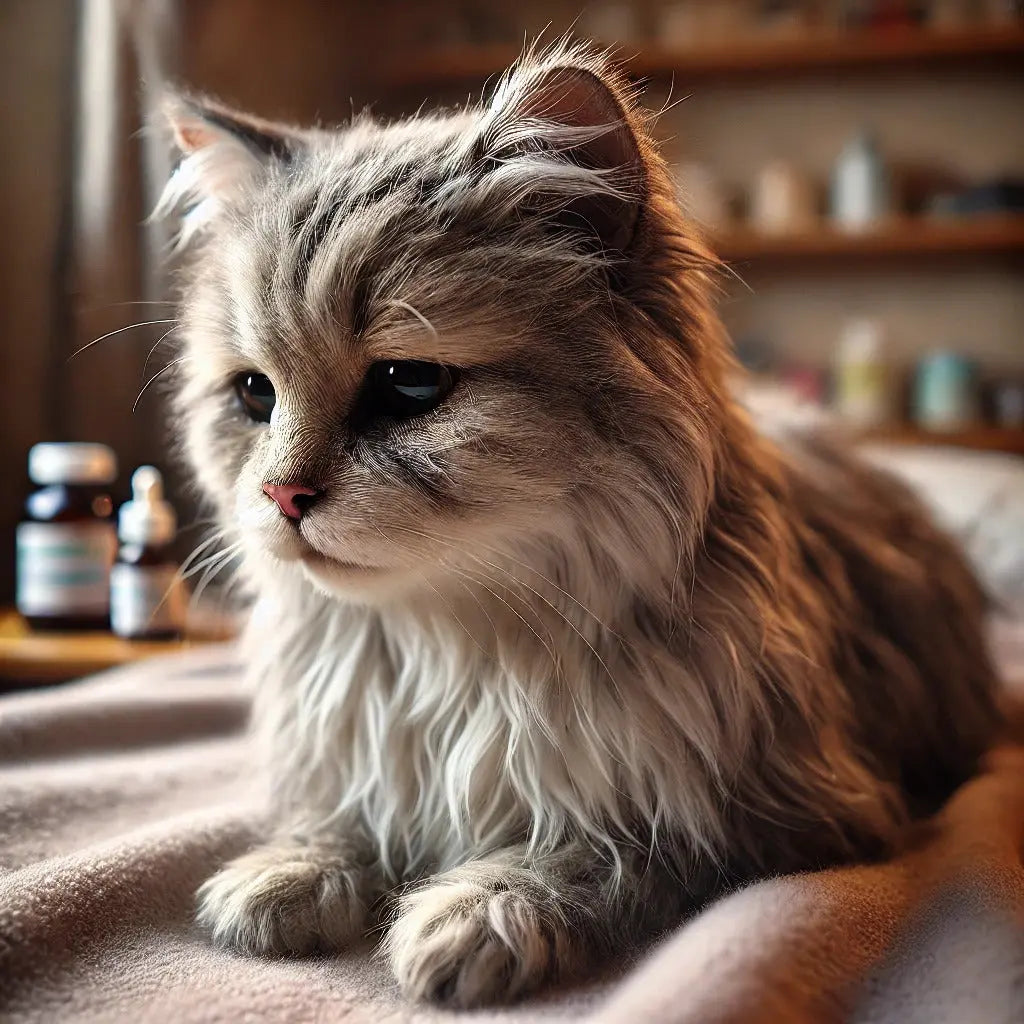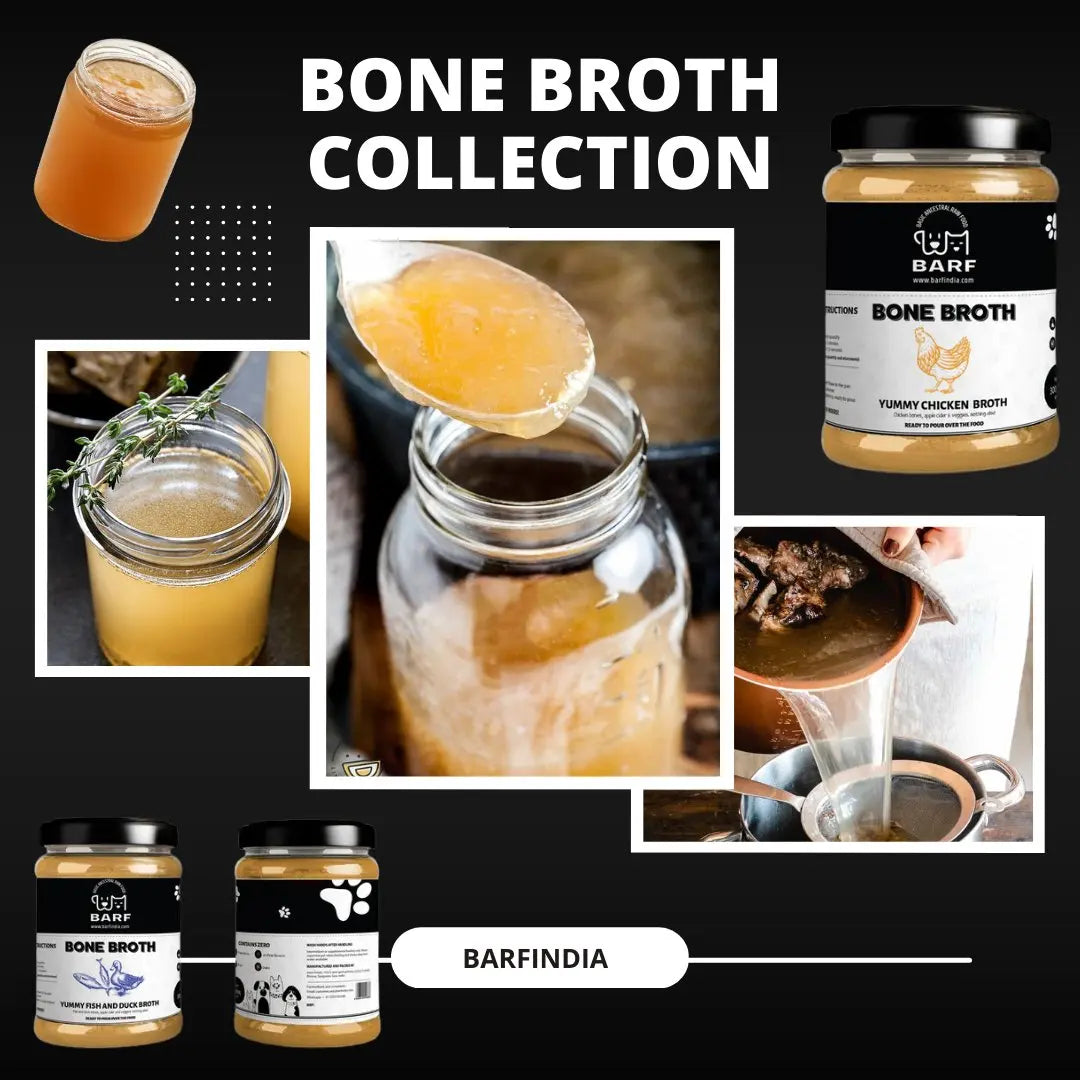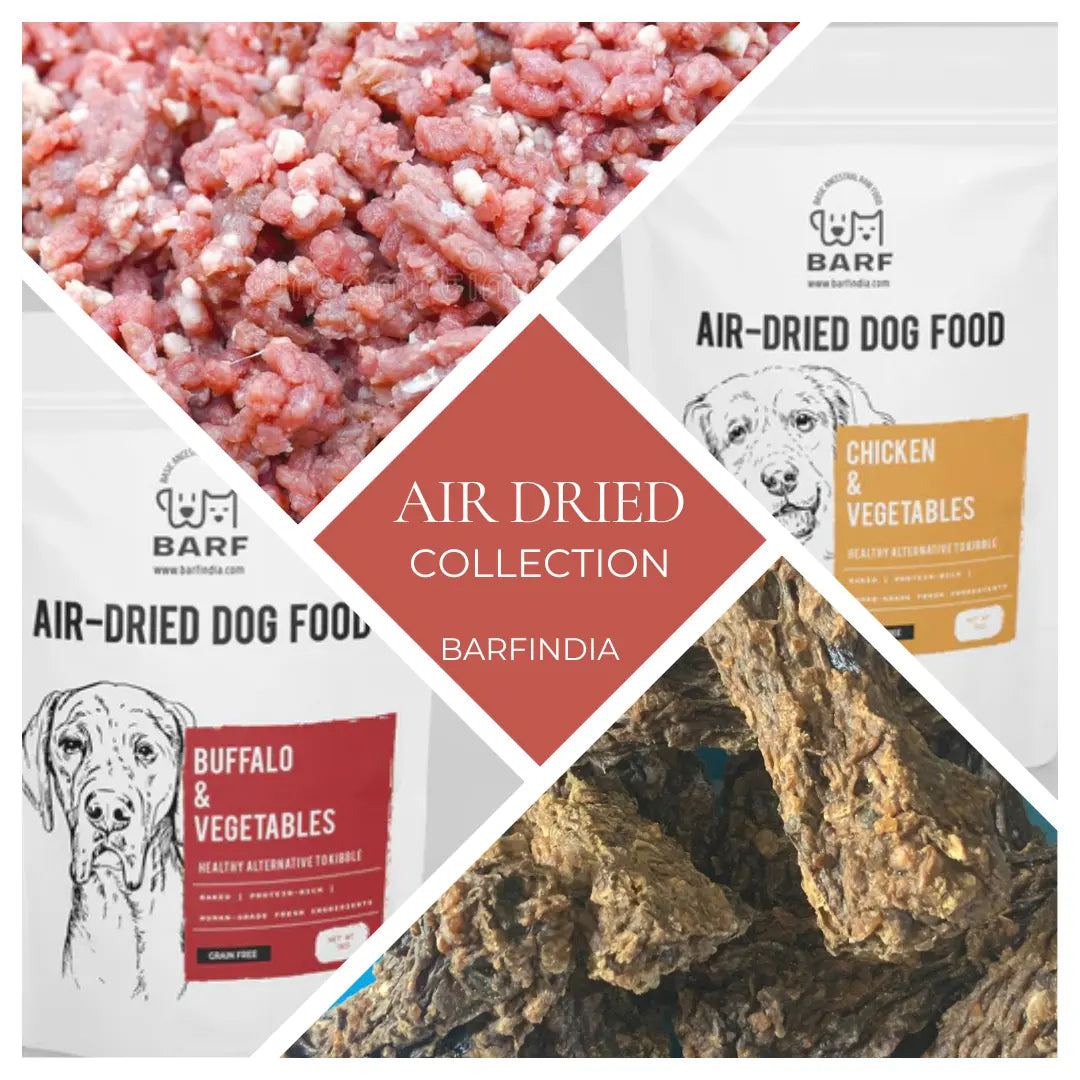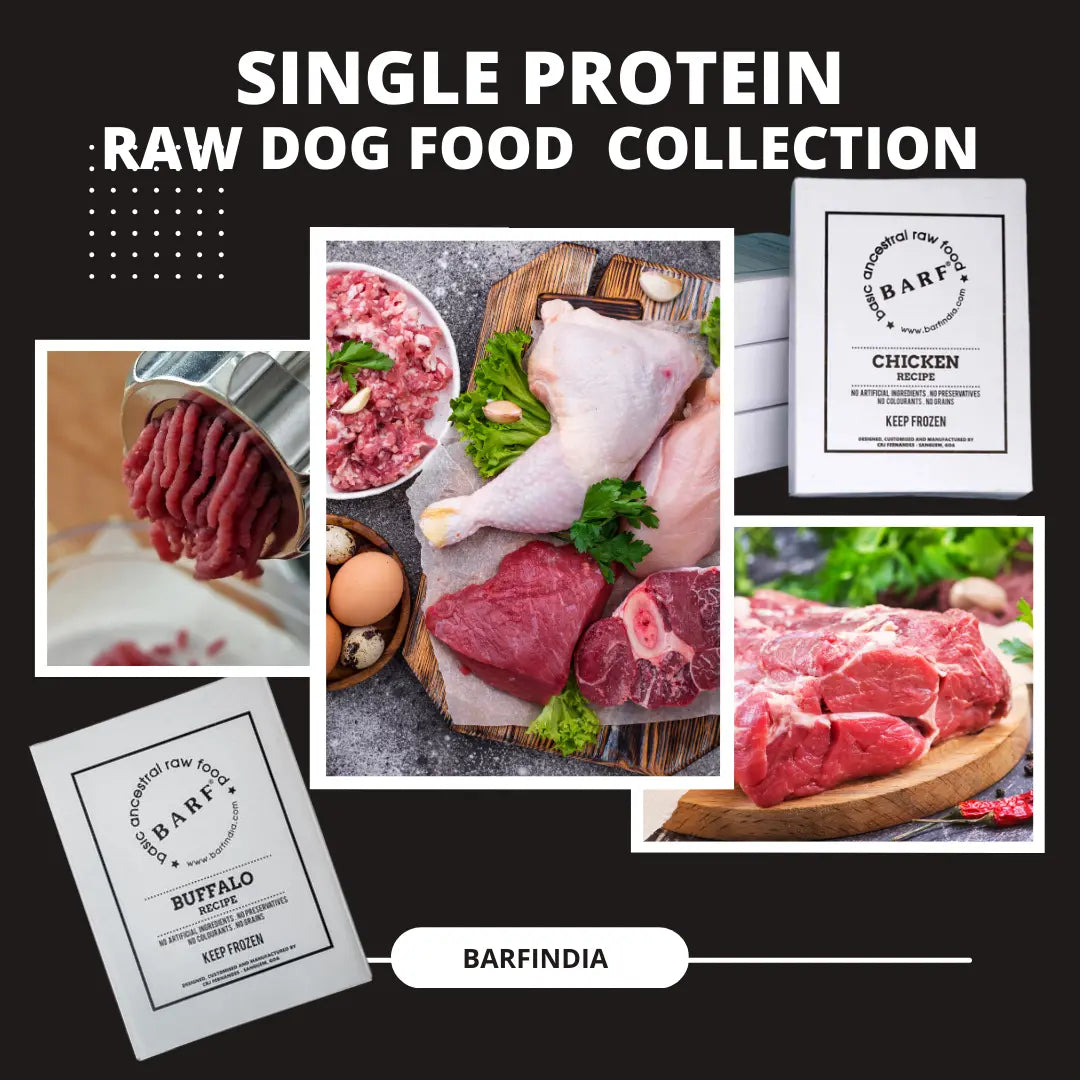
The Healing Power of Raw Diets: A Lifeline for Cats with Kidney Issues
Nivedita FernandesHealing Power of Raw Diets: A Natural Solution for Cats with Kidney Issues
Introduction:
Our feline companions hold a special place in our hearts, and their health is of utmost importance to us. Kidney issues are among the most common health concerns in cats, affecting their quality of life and longevity. While traditional treatments have their place, an emerging approach gaining traction is the incorporation of raw diets into their nutrition. In this blog, we'll delve into the fascinating world of raw diets and explore how they can offer a lifeline to cats struggling with kidney problems.
Understanding Kidney Issues in Cats:
Before diving into the benefits of raw diets, it's essential to understand the nature of kidney issues in cats. Chronic kidney disease (CKD) is a progressive condition characterized by the gradual loss of kidney function over time. Factors such as age, genetics, and diet can contribute to its development. Symptoms of CKD include increased thirst, frequent urination, weight loss, lethargy, and poor appetite.
Conventional Treatments and Limitations:
Conventional treatments for CKD in cats often focus on managing symptoms and slowing disease progression. These may include medications to control blood pressure, phosphorus binders, and prescription diets designed to support kidney function. While these interventions can be effective to some extent, they may not address the root cause of the problem or provide optimal nutrition for overall health.
The Role of Nutrition in Kidney Health:
Nutrition plays a crucial role in managing kidney issues in cats. A well-balanced diet can help reduce the workload on the kidneys, minimize toxin buildup, and support overall health. However, not all cat foods are created equal, and some may exacerbate kidney problems due to their high phosphorus or protein content.
Enter the Raw Diet:
Raw diets, also known as biologically appropriate raw food (BARF) or prey model diets, mimic the natural diet of cats in the wild. These diets typically consist of raw meat, organs, bones, and occasionally vegetables and supplements. Proponents of raw feeding argue that it provides cats with the nutrients they need in a form that is easily digestible and bioavailable.
Benefits of Raw Diets for Cats with Kidney Issues:
-
Low Phosphorus Content: Raw diets tend to have lower phosphorus levels compared to many commercial cat foods. High phosphorus intake can strain the kidneys and worsen CKD symptoms. By providing a low-phosphorus diet, raw feeding may help reduce the burden on the kidneys and slow disease progression.
-
High Moisture Content: Raw diets have a high moisture content, which is essential for cats with kidney issues. Adequate hydration helps flush toxins from the body and supports kidney function. Many cats with CKD are prone to dehydration, so a diet rich in moisture can be beneficial.
-
Quality Protein: While some people believe that restricting protein is necessary for cats with kidney issues, the quality of protein is equally important. Raw diets offer high-quality, easily digestible protein from sources such as meat and organs. This protein is essential for maintaining muscle mass and overall health, especially in older cats with CKD.
-
Reduced Carbohydrates: Commercial cat foods often contain high levels of carbohydrates, which are not a natural part of a cat's diet. Excessive carbohydrates can contribute to obesity and diabetes, both of which can exacerbate kidney problems. Raw diets typically have lower carbohydrate content, which may help stabilize blood sugar levels and improve overall health.
-
Balanced Nutrients: Raw diets can be tailored to meet the specific nutritional needs of cats with kidney issues. By including a variety of meats, organs, and supplements, caregivers can ensure that their feline companions receive essential vitamins, minerals, and fatty acids to support kidney function and overall well-being.
Challenges and Considerations:
While raw diets offer numerous potential benefits for cats with kidney issues, there are also some challenges and considerations to keep in mind:
-
Nutritional Balance: It's essential to ensure that raw diets are nutritionally balanced and meet the specific needs of cats with CKD. Working with a veterinarian or feline nutritionist can help create a customized feeding plan that addresses these requirements.
-
Food Safety: Handling raw meat carries a risk of bacterial contamination, which can pose a threat to both cats and their human caregivers. Proper food handling practices, such as washing hands and surfaces thoroughly, are crucial to minimize this risk.
-
Transition Period: Some cats may be resistant to switching to a raw diet, especially if they have been accustomed to commercial cat food for an extended period. A gradual transition, with patience and persistence, can help ease this process.
-
Monitoring and Adjustments: Regular monitoring of a cat's health and kidney function is essential when transitioning to a raw diet. Adjustments may be needed based on the cat's response and any changes in their condition.
Conclusion:
In conclusion, raw diets hold promise as a therapeutic option for cats with kidney issues. By providing a low-phosphorus, high-moisture, and nutrient-rich diet, raw feeding can support kidney function and improve the overall health and well-being of feline companions. However, it's essential to approach raw feeding with caution and consideration, ensuring that the diet is nutritionally balanced and tailored to the individual needs of each cat. With proper guidance and oversight, raw diets can offer a lifeline to cats struggling with kidney problems, enhancing their quality of life and longevity.



